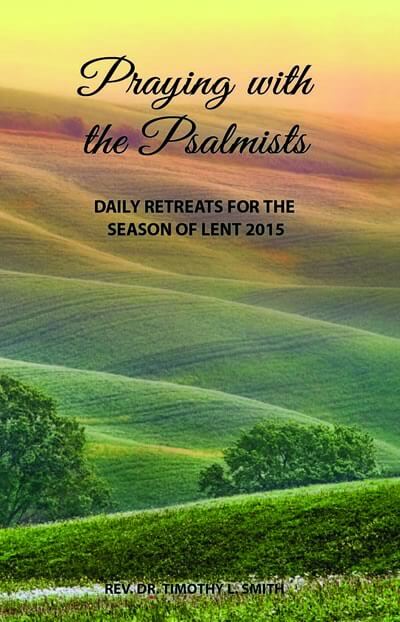 Heaven Help Me!
Heaven Help Me!
A song of ascents.
I lift up my eyes to the mountains—
where does my help come from?
My help comes from the Lord,
the Maker of heaven and earth.
He will not let your foot slip—
he who watches over you will not slumber;
indeed, he who watches over Israel
will neither slumber nor sleep.
The Lord watches over you—
the Lord is your shade at your right hand;
the sun will not harm you by day,
nor the moon by night.
The Lord will keep you from all harm—
he will watch over your life;
the Lord will watch over your coming and going
both now and forevermore.
Psalm 121
Life is filled with dangers and dilemmas, and what more natural question to ask than, “where does my help come from?” This psalm is a meditation on the way that God is our Helper. The superscription of this psalm tells us that it is “A song of ascents”, the second in the collection of Psalms 120-134 designated as “Psalms of Ascents”. These were psalms that the people of God chanted or recited to themselves while traveling the roads up to Jerusalem, their “ascent” culminating in their arrival at the Temple. Thus, they are also called Pilgrimage Psalms in connection with the pilgrimage to Jerusalem. Interpreters read into these psalms the idea of the ups and downs of the spiritual journey as pilgrims seek their home in God.
The psalm begins with one of life’s urgent questions: “Where do I look for help in my journey?” A person in Old Testament Israel might ask, “Do I look to the mountains for help?” The pagans, believing that their gods lived in the mountains and hills, built idol shrines there, calling them their “high places” (Numbers 33:52; Leviticus 26:30 Deuteronomy 12:2-3; Isaiah 16:12). The psalmist looks at these mountains and asks, “…where does my help come from?” Quick comes his reply: “My help comes from the LORD, the maker of heaven and earth.”
The key theme of the rest of this psalm is that the Lord is the One who watches over and keeps us on our life’s journey. The Hebrew verb shamar is used six times in these few verses and is translated as “watch” and “keep”: “He who watches over you…He who watches over Israel…The LORD watches over you…The LORD will keep you from all harm…he will watch over you life…the LORD will watch over your coming and going.” God’s identity is One who watches over and keeps us through all of life’s dangers and dilemmas. He is like a watchman who keeps watch over a city (Psalm 127:2), or a bird shielding its young under the shadow of its wings (Psalm 91:4).
There is a significant change of pronoun in the opening lines as the psalm goes from first person, “I” and “my” to the second person, “you” and “your”. This indicates two speakers in the psalm setting up a dialogue. One can imagine the psalm opening with a pilgrim’s question and answer: “I lift up my eyes to the mountains – where does my help come from? My help comes from the LORD, the Maker of heaven and earth.” This question and answer is followed by someone speaking a blessing over the pilgrim in the remainder of the psalm: “He will not let your foot slip – he who watches over you will not slumber…” Here is a promise and a blessing to sustain the pilgrim on his difficult journey.
While we might pray this second part of the psalm on our own behalf, how fitting it would be to hear these words of promise and blessing spoken over us by another. Jewish parents have frequently spoken these words of blessing over their children, and spouses have blessed one another with the same words. These words of blessing are sometimes placed in a bedroom or entrance to a house. What a wonderful reminder of where our help comes from!
READ REFLECT RESPOND REST
RECORD (optional)


 Heaven Help Me!
Heaven Help Me!
